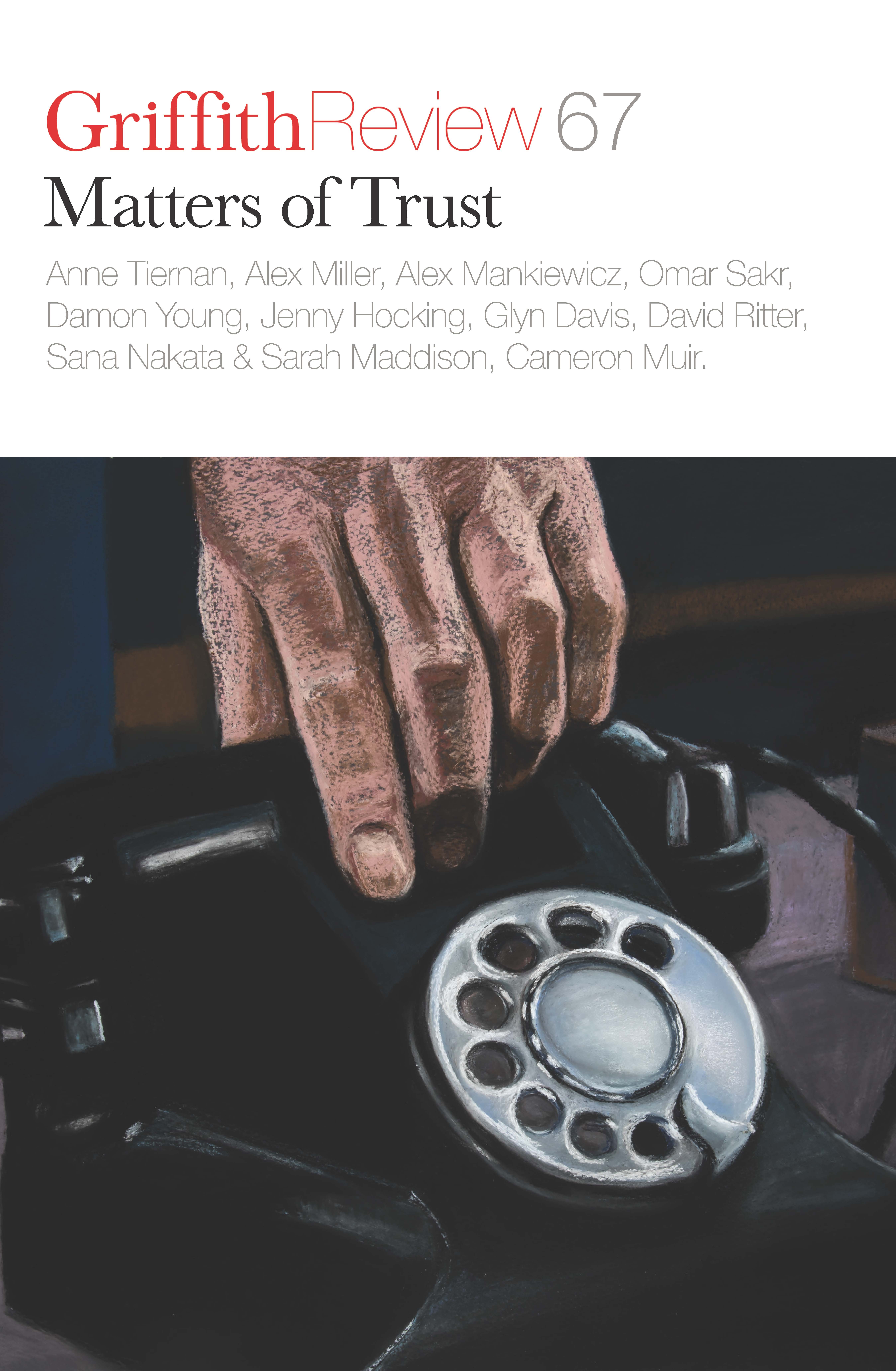Featured in

Buy
$27.99
- Published 20200204
- ISBN: 9781925773804
- Extent: 264pp
- Paperback (234 x 153mm), eBook

Already a subscriber? Sign in here
If you are an educator or student wishing to access content for study purposes please contact us at griffithreview@griffith.edu.au
Share article
More from author

Relics of colonialism
EssayWe will make better decisions on all the great issues of the day and for the century to come, if we better understand the past. Gough...
More from this edition

A great experiment
EssayIT’S EASY TO get lost in the disruption: our obsession with technology and how to regulate it; minimise our dependence; manage our kids’ screen...

Where the voices aren’t
MemoirIN 2018, THE University of Oxford ran an essay competition that asked, ‘Are Men (Still) Beasts?’ Students were prompted to respond to an early...

Democracy and the corruption question
EssayI’M RUNNING ON a beach near Cairns, spending a rare holiday moment trying to regain some of the fitness I’ve lost to far too...
Stay up to date with the latest, news, articles and special offers from Griffith Review.